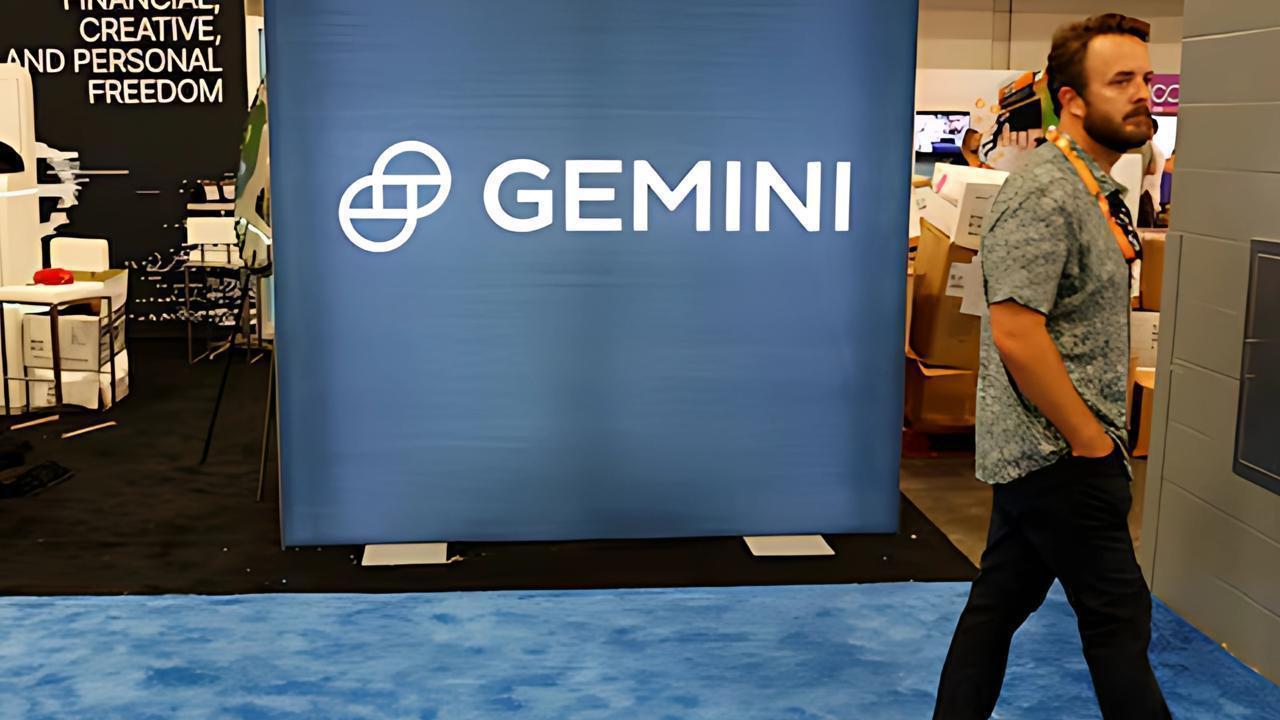
Post by : Amit
Photo: Reuters
June 26, 2025 | New Delhi — In a major leap for artificial intelligence and robotics, Google has introduced a new version of its Gemini AI model designed specifically to power robots without requiring constant internet connectivity. This development is being hailed as a transformative moment in the evolution of autonomous machines, offering faster, safer, and more reliable robot operation — especially in settings where internet access is limited or where latency is critical.
The announcement was made as part of Google DeepMind’s continued efforts to bring cutting-edge multimodal AI into the real world, enabling robots to perceive, reason, and act more independently than ever before.
The newly enhanced Gemini model is specifically optimized to run locally on robotic hardware, eliminating the need for cloud-based processing during execution. While previous versions of robot-AI frameworks depended on streaming commands and updates from cloud servers, this iteration shifts core intelligence directly into the device.
This means robots equipped with Gemini can now understand commands, analyze environments, and execute actions — even in the absence of an internet connection. This is a crucial step forward for industries like manufacturing, healthcare, defense, and disaster response, where connectivity may be weak or non-existent but rapid, autonomous action is essential.
Gemini’s edge-processing version retains its multimodal capabilities, meaning it can interpret visual, textual, and spoken inputs in real time. By fusing sensory data from cameras, microphones, and other sensors, the model enables robots to navigate complex environments, carry out instructions, and adapt on the fly.
Google DeepMind has previously demonstrated Gemini’s capabilities in language reasoning, problem solving, and vision-language alignment — but bringing those features to hardware that can function offline brings new layers of utility. The robot no longer needs to “check in” with a central server; it simply thinks and acts on its own.
From autonomous warehouse robots to surgical assistants and disaster relief bots, the offline version of Gemini opens up a wide array of practical uses. In manufacturing plants or remote areas with limited connectivity, machines powered by local AI can continue performing high-stakes tasks — from object sorting to inspection to repair — without disruption.
In medical settings, this also means improved patient privacy, as sensitive data need not be transmitted over networks. In defense or emergency rescue scenarios, robots can enter dangerous zones and still carry out tasks intelligently without relying on fragile network infrastructure.
This innovation is part of Google’s broader plan to integrate responsible, decentralized AI into physical systems. The company has emphasized that running AI locally on edge devices improves speed, energy efficiency, and user control while reducing dependency on external infrastructure.
With AI models growing more compact and capable of running on specialized chips (such as Google’s own TPUs), the vision of self-reliant machines — once science fiction — is now within reach.
Google’s move to equip robots with an offline version of the Gemini model represents a major step toward the future of autonomous systems. It empowers robots to make decisions instantly, without cloud delays or connectivity issues, while maintaining high levels of intelligence and versatility.
As AI increasingly finds its way into the physical world, innovations like these will shape how machines collaborate with humans — not just in labs and test environments, but in the real, unpredictable world where real-time action makes all the difference.
Google, Gemini, AI










Advances in Aerospace Technology and Commercial Aviation Recovery
Insights into breakthrough aerospace technologies and commercial aviation’s recovery amid 2025 chall

Defense Modernization and Strategic Spending Trends
Explore key trends in global defense modernization and strategic military spending shaping 2025 secu

Tens of Thousands Protest in Serbia on Anniversary of Deadly Roof Collapse
Tens of thousands in Novi Sad mark a year since a deadly station roof collapse that killed 16, prote

Canada PM Carney Apologizes to Trump Over Controversial Reagan Anti-Tariff Ad
Canadian PM Mark Carney apologized to President Trump over an Ontario anti-tariff ad quoting Reagan,

The ad that stirred a hornets nest, and made Canadian PM Carney say sorry to Trump
Canadian PM Mark Carney apologizes to US President Trump after a tariff-related ad causes diplomatic

Bengaluru-Mumbai Superfast Train Approved After 30-Year Wait
Railways approves new superfast train connecting Bengaluru and Mumbai, ending a 30-year demand, easi